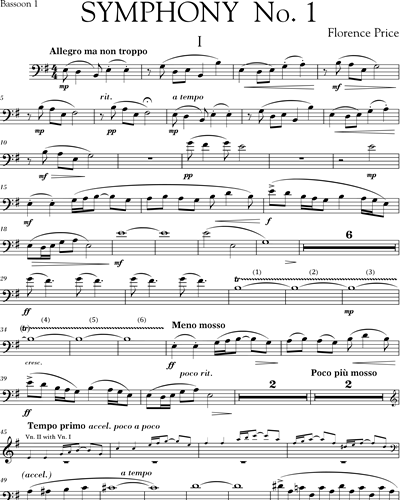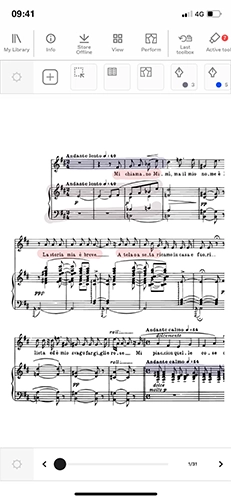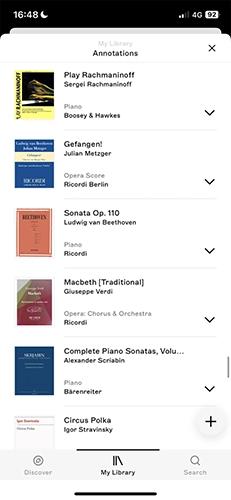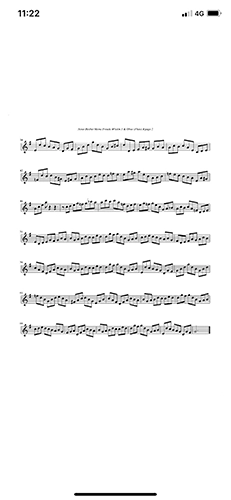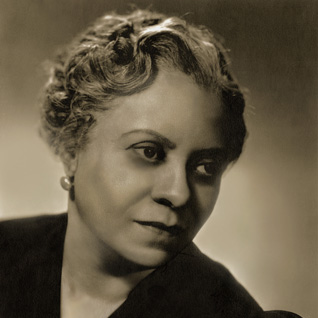
Florence Price
2 pieces at nkodankoda sheet music library
over 100k editions from $14.99/month
Hassle-free. Cancel anytime.
available on
nkoda digital sheet music subscription


Editions
Annotate
Library
Perform
100k+ available Editions
More about Florence Price
The discovery of dozens of scores in an Illinois attic in 2009 led to renewed interest in the music of Florence Price, performances and recordings, and critical acclaim. Her music combines a rich and romantic symphonic idiom with the melodic intimacy and emotional intensity of African-American spirituals. As Alex Ross wrote in The New Yorker, her music "deserves to be widely heard." In 1932 her Sonata in E Minor for piano won First Prize in the Wanamaker music contest, with overall honors awarded to her first symphony. Frederick Stock, music director of the Chicago Symphony, became a supporter of her music and programmed the work. Price became the first African-American woman to have a work performed by a major U.S. orchestra when the Chicago Symphony Orchestra performed it in 1933. Though she composed hundreds of pieces, her catalogue did not enter the twentieth-century mainstream canon, and many of her works, including two violin concertos, could have vanished if not uncovered during the renovation of her abandoned home. Born in Little Rock, Arkansas in 1887, Price received early training on the piano from her mother, a music teacher. She went on to attend the New England Conservatory, one of few higher musical institutions accepting African-American students. There, she studied composition and counterpoint with George Chadwick and Frederick Converse, and graduated in 1906 with both an artistic diploma in organ and a teaching certificate. After years teaching music privately and serving as the head of the music department at Clark Atlanta University in Atlanta, Georgia, Price returned to Little Rock, then moved to Chicago, where she advanced her musical studies under Arthur Olaf Andersen, Carl Busch, Wesley LaViolette, and Leo Sowerby. (Picture © University of Arkansas Libraries Special Collections)

Florence Price sheets music on nkoda
Edition/Parts
Composer/Artist
Part
Source
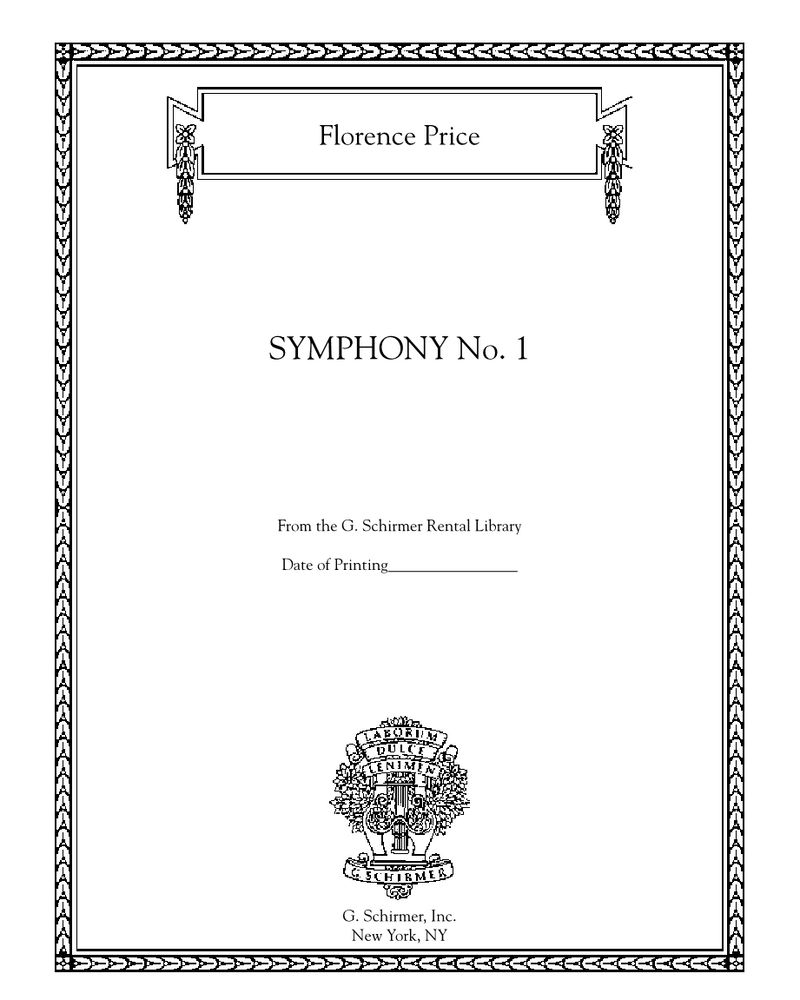
Symphony No. 1 in E minor
Florence Price
Orchestra
G Schirmer
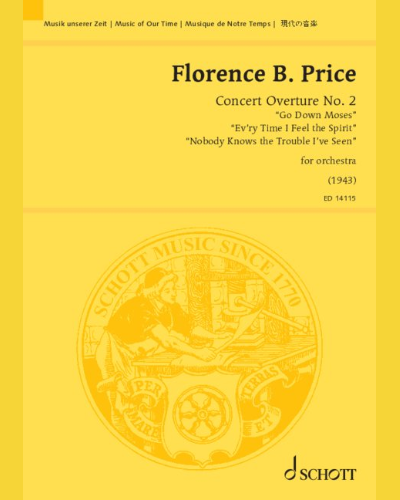
Concert Overture No. 2
Florence Price
Full Score
Schott Music London
INSTITUTIONAL PARTNERS
PUBLISHERS PARTNERS
TESTIMONIALS


